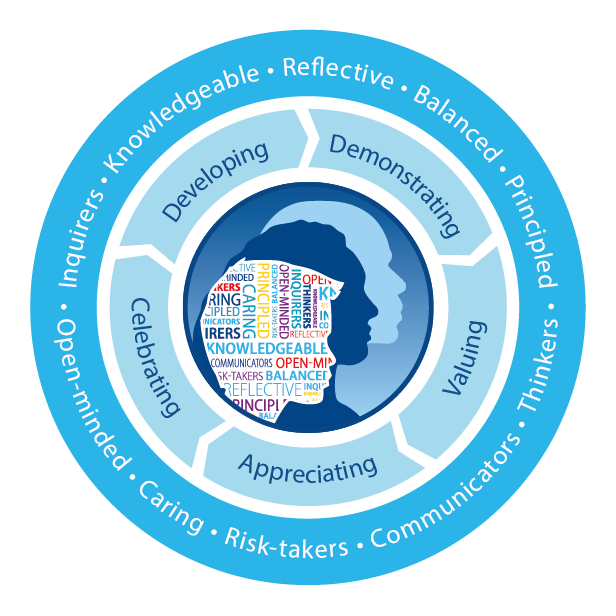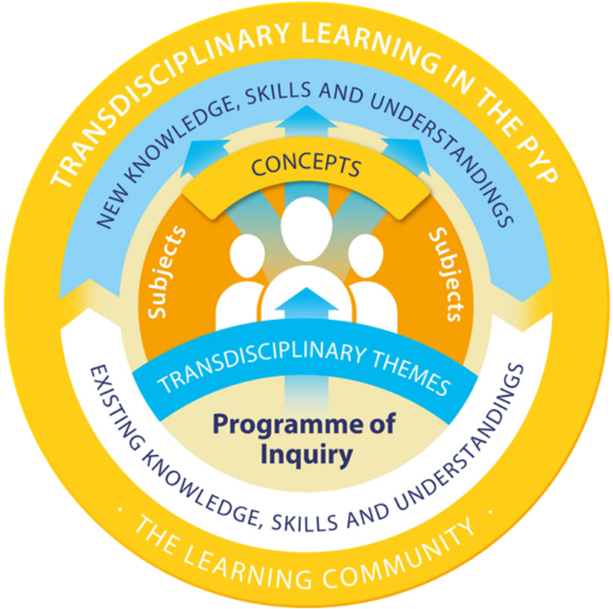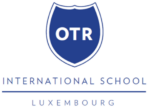What is IB?
« The International Baccalaureate aims to develop inquiring, knowledgeable and caring young people who help to create a better and more peaceful world through intercultural understanding and respect. To this end the organization works with schools, governments and international organizations to develop challenging programmes of international education and rigorous assessment. These programmes encourage students across the world to become active, compassionate and lifelong learners who understand that other people, with their differences, can also be right. » IB Mission Statement
OTR International School is a Candidate School* for the PYP. This school is pursuing authorization as an IB World School. These are schools that share a common philosophy—a commitment to high quality, challenging, international education that OTR International School believes is important for our students.
*Only schools authorized by the IB Organization can offer any of its four academic programmes: the Primary Years Programme (PYP), the Middle Years Programme (MYP), the Diploma Programme (DP), or the Career-related Programme (CP). Candidate status gives no guarantee that authorization will be granted. For further information about the IB and its programmes visit http://www.ibo.org.
The Main Elements of PYP Education
Learner Profile

« The learner profile supports students in developing international-mindedness and in taking action for positive change. Exercising their agency, students take ownership of their learning, express their ideas and opinions, and reflect on their development of the learner profile attributes. » The Leaner IB
The learner profile is one of the cornerstones of the IB program. This list of ten attributes, found in all IB World Schools, helps students become internationally minded people. It invites children to become adults aware of the influence they have on their community locally and internationally, while measuring their role in building a better and more peaceful world.
Le profil vise à développer des apprenants qui sont :
- Enquêteurs
- Bien informés
- Penseurs
- Communicateurs
- Fondés sur des principes
- Ouverts d’esprit
- Bienveillants
- Preneurs de risques
- Équilibrés
- Réfléchis
Transdisciplinary themes
The transdisciplinary nature of learning is another key element of an IB education.
Working on transdisciplinarity means making sure to rely on several disciplines to build varied transversal skills.
The year is divided into six transdisciplinary themes in primary and four in nursery through which all subjects are taught. These themes allow students to look at the world around them with greater depth and understanding.
Programme of inquiry
« The transdisciplinary themes of global significance provide the context for schools to frame a whole-school programme of inquiry, which is a cornerstone of the PYP pedagogy and its flexible framework. The programme of inquiry articulates how the six transdisciplinary themes will be explored across the different age groups. It provides students in the early and primary years with the opportunity to experience a coherent and balanced curriculum. On one level, it is planned; on another level, it is dynamic because a transdisciplinary programme of inquiry leaves room for emergent and unexpected ideas, directions and connections that students might encounter. When this happens, the teaching team might modify the programme of inquiry or develop additional learning engagements outside the programme of inquiry. » Learning and teaching IB

In the research program we can see that the school year is divided into units for each grade level.
Each unit lasts between 6 and 8 weeks and consists of the following elements:
- Transdisciplinary theme
- Line of inquiry
- Learner Profile Attributes
- Key concepts.
Key concepts
« Key concepts drive learning experiences and help to frame a unit of inquiry. By identifying and investigating key concepts, students learn to think critically about big ideas. This may be done through broad, open-ended questions in an inquiry. When concepts are viewed as a set of questions, the inquiry is directed, purposeful and manageable. » Learning and teaching IB
«Thoughtful and structured research is at the heart of the PYP philosophy. A powerful vector of learning, it encourages the construction of meaning and understanding, and encourages students to think about important ideas. This is why there is also a commitment to a program organized around driving concepts to support this research.» Learning and teaching IB
Form: what is like?
Function: how does it work?
Causation: why is it as it is?
Change: how is it transforming?
Connection: how is it linked to other things?
Perspective: what are the points of view?
Responsibility : what is our responsibility?
Reflection : how do we know?
Useful Information
Contact Admissions Team:
admissions@otrschool.lu
